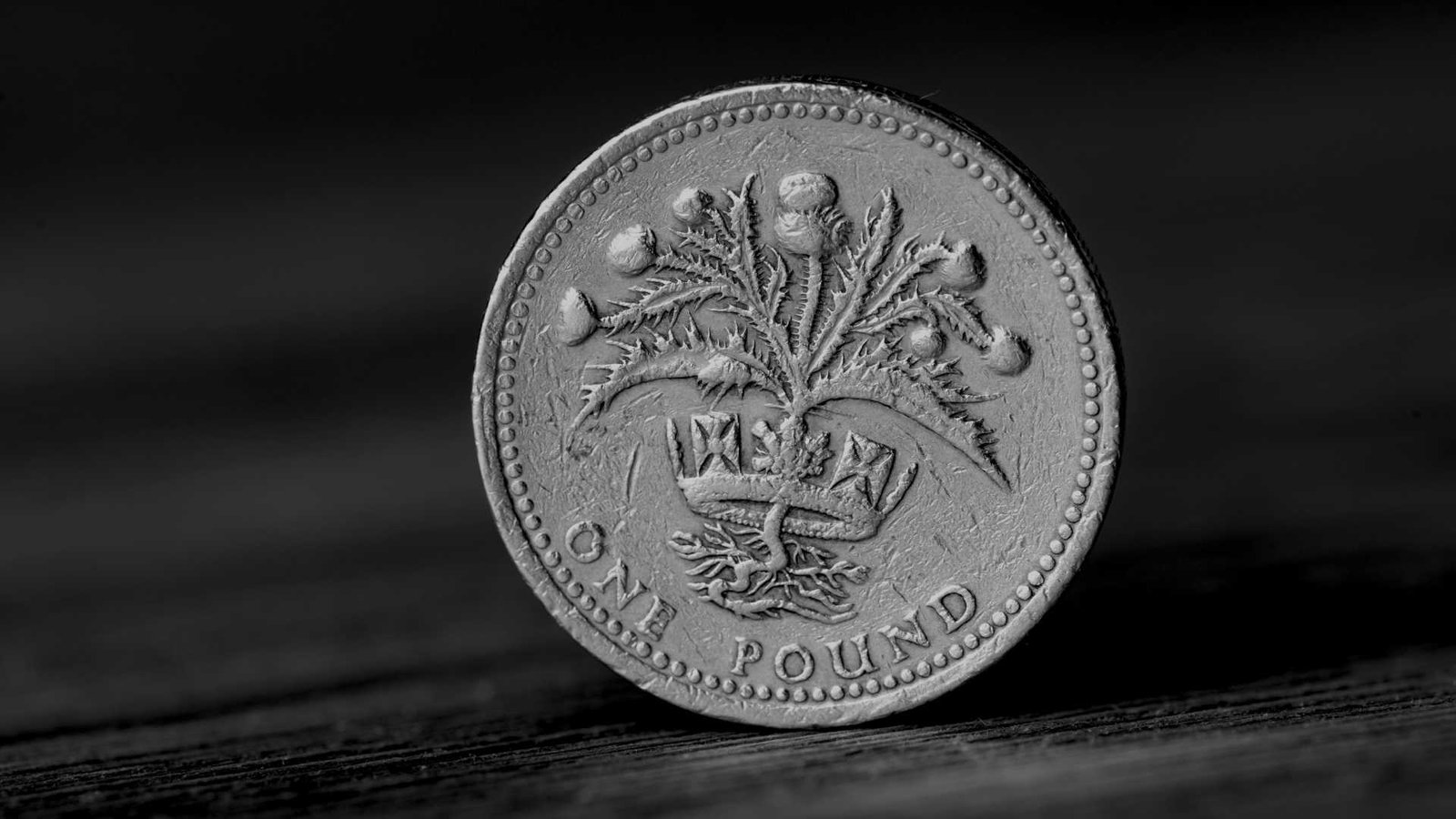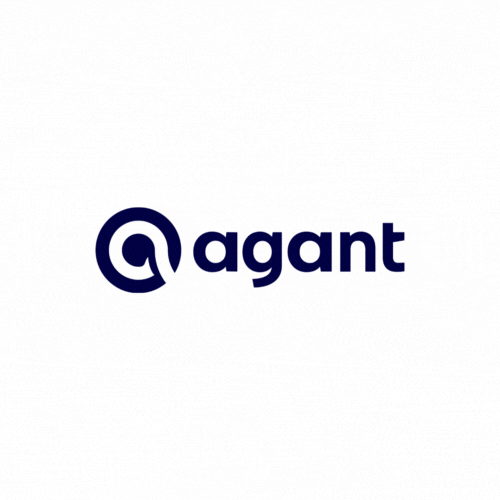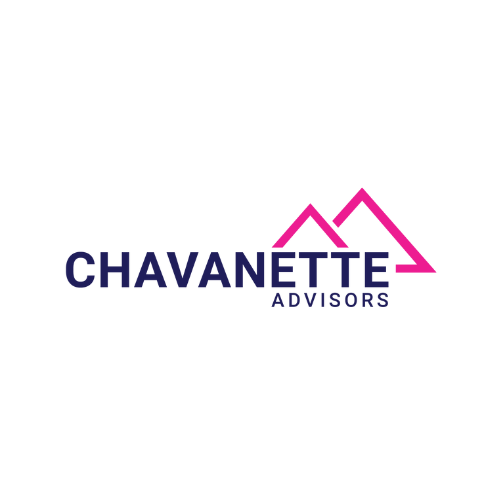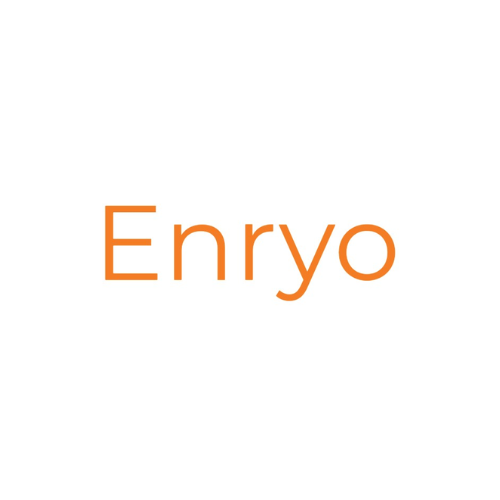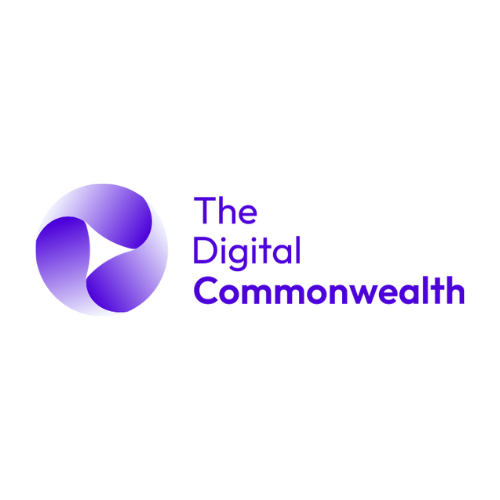The Bank of Korea (BoK) is teaming up with the Bank for International Settlements (BIS) to launch a pilot program for a wholesale central bank digital currency (CBDC). The initiative is geared towards utilising it as a settlement asset for tokenized deposits by commercial banks. The pilot will also delve into the Unified Ledger concept proposed by the BIS.
While the Bank of Korea has conducted trials for retail CBDCs, it currently sees no pressing need for such an introduction, attributing this to an already efficient payment system. However, ongoing investigations into offline CBDC technology and technologies preserving privacy remain active.
This new wholesale CBDC endeavour aims to:
- Harness Korea’s blockchain capabilities for enhanced payments and financial services.
- Build on the momentum of asset tokenization within a regulatory sandbox in Korea.
- Explore the potential of programmable tokenized deposits.
An interesting development is the BIS’s endeavour to examine its Unified Ledger concept, where CBDCs and tokenized assets coexist within a singular network. However, the BIS emphasises that this doesn’t mean one ledger would dominate all other economic systems. It envisions a central bank-driven core infrastructure, complemented by interconnected satellite systems managed by different entities.
Initially, only commercial banks will be permitted to participate, with potential expansion to other payment providers upon receiving regulatory green lights.
Envisioned Digital Currency Variants
Besides the wholesale digital won, the central bank anticipates:
- Programmable tokenized deposits.
- E-money, issued by commercial banks or possible payment providers, pegged one-to-one with the wholesale CBDC.
- Digital currencies circulated on platforms like a DLT-based carbon exchange, backed by tokenized e-money (akin to a synthetic CBDC).
Commercial banks will play an active role, operating nodes on a jointly-used permissioned blockchain, which will record digital currency transactions and ownership details.
A “Tokenized voucher” concept, mirroring Singapore’s Purpose Bound Money idea, is also under consideration. These vouchers, which could be issued through banks by corporate entities, would have specific usage constraints. Before distribution, the central bank will vet the associated smart contract.
To ensure smooth operations with other networks, BoK is looking into various methods. Among these are asset transfers bridging to other ledgers and asset exchanges employing Hashed TimeLock Contracts (HTLC). The latter involves changing asset ownership across two different ledgers without moving the assets. BoK, however, identifies certain limitations with HTLC, especially in multi-participant transactions.
While the potential for using a wholesale CBDC in international transactions wasn’t discussed, BoK has been actively observing recent MBridge trials for such cross-border CBDC uses.
In conclusion, the Bank of Korea is joining hands with the Financial Services Commission (FSC) and the Financial Supervisory Service (FSS). They are collaboratively establishing a regulatory working group for this wholesale CBDC pilot and have commenced the IT system integrator selection process.


